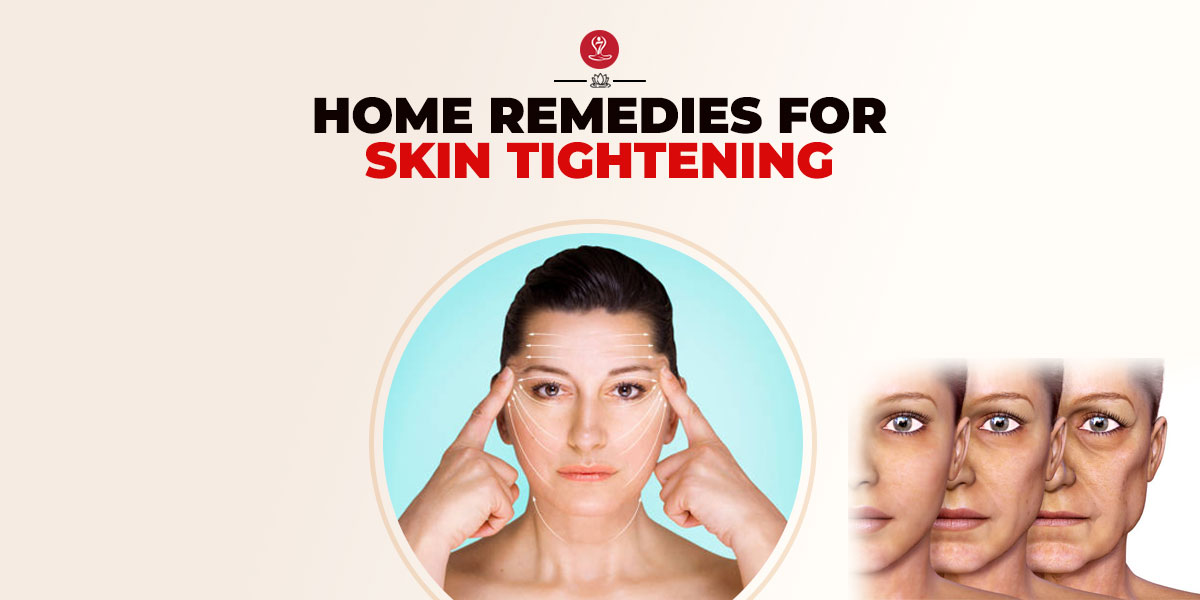
Piles, also known as hemorrhoids, are swollen veins in the rectal area. Piles are one such disease that is extremely painful. In this, swelling comes in and out of the anus and lower part of the rectum. Because of this, warts are formed inside and outside the anus, or at any one place. Warts sometimes stay inside, sometimes they come out. Piles are usually a very common disease occurring in people between 45 years and 65 years, but due to the wrong lifestyle, now this disease is also started in people between the age of 35-45. But fortunately, there are many home remedies available, which are effective and provide rapid relief. By properly cleaning and with the help of some home remedies, the hemorrhoid problem can be relieved. So let’s know how to do home remedies for piles.
It is called Hemorrhoids in medical parlance. When hemorrhoids are very old, it takes the form of the fistula which is also called the Fistula. There is helpless burning and suffering. You can consult your doctor for this treatment as well as it can also be treated with the help of some home remedies. Try these simple home remedies for hemorrhoids and avoid the problem of blood in piles.
How To Get Rid of Hemorrhoids: Natural Home Remedies
If you start having home remedies in case of piles, You can avoid having Piles surgery. These home remedies of 7 Pranayama can relieve you of piles without any side effects. By adopting these miraculous home remedies to get rid of piles, you can also get rid of piles problems easily.
1. Aloe Vera- Apply aloe vera gel to the affected area to reduce inflammation and soothe the skin . Well, Aloe Vera has a natural cure for many problems. Benefits of Aloe Vera not only in skin, hair, and beauty but also in Piles problems this can also benefit. However, for piles, fresh Aloe Vera gel means that the gel extracted from Aloe Vera leaf should be used immediately. Apply this gel outside in the piled part. Apply this gel at least 2-3 times a day.
2. Hot Water- Bathing with hot water also provides relief in piles. It reduces swelling and itching.
3. Ice- Ice packs can also give you comfort in this disease. For this, you will have to massage the affected area with ice packs. For this, do it for 5 to 10 minutes daily 4 times a day.
4. Water- If suffering from internal or external hemorrhoids, increase your water intake. Try to drink 10 to 12 glasses of water per day. Adequate water intake helps to cleanse your internal system and hydrate your entire body. Drink plenty of water to keep yourself hydrated and help soften your stool.
5. Whey and Buttermilk- Whey is very beneficial to remove piles. For this, take about two liters of buttermilk and mix 50 grams of ground cumin and Rocksalt according to taste.
6. Coconut Oil- Coconut oil is a natural moisturizer, which is helpful in relieving bloody piles. Applying coconut oil reduces inflammation and inflammation. It also provides relief from itching.
7. Honey and Cinnamon- Honey and cinnamon are also beneficial in piles. Eating one-fourth part cinnamon powder in one teaspoon honey is also beneficial in hemorrhoids.
8. Raw onion- Raw onion is also an easy solution to avoid the problem of hemorrhoids if you eat raw onion regularly, it helps you to avoid this problem.
9. Figs- Soak two-three figs in the water at night. In the morning, crush them and eat them and drink their water. Using figs for two-three weeks is beneficial in piles.
10. Isabgol (Psyllium Husk)- Take Isabgol husk with water in the morning and evening. Using Isabgol husk gives relief from irregular and hard stools. Due to this, your stomach remains clear and your mole does not pain longer.
11. Witch Hazel- Applying a little witch hazel on a cotton ball relieves hemorrhoids and many of its symptoms. The natural witch hazel is antioxidant and inflammable. It is an estrogen that acts to shrink the tissues in hemorrhoids.
12. Fruits and vegetables- Fiber-rich foods such as green vegetables, whole grains and fruits should be consumed in greater quantity to avoid hemorrhoids. Some fruits and vegetables that you should include in your daily diet for relief from piles are grapes, papaya, oranges, lemons, gooseberries, and asparagus.
13. Cumin- This remedy is also effective to avoid piles. Toast the cumin seeds and grind them with sugar candy. Take it 2-3 times a day with whey or water.
14. Coconut water- Pay special attention to coconut water intake. Constipation is cured by drinking coconut water and in this way, one gets rid of piles. The digestive system works better by drinking 2 coconut water every day.
15. Castor oil– Castor oil is used as a simple home remedy for almost all diseases. It has anti-oxidant, anti-fungal, anti-bacterial, and anti-inflammatory properties. To get relief from piles, apply castor oil to the affected area, besides drinking some castor oil drops in milk at night.
16. Yoga- Practice yoga asanas such as the Pawanmuktasana, Vajrasana, and Sarvangasana to help improve blood circulation and reduce inflammation.
17. Glycerin and Rocksalt– This remedy will greatly relieve the pain of hemorrhoids. For this, keep a mixture of 2 teaspoons of glycerin and rock salt. Now apply this mixture in the affected area every 5-6 hours. This remedy will greatly relieve the pain of hemorrhoids.
18. Mint- Mint is also one of these home remedies, the importance of which is also mentioned in Ayurveda. Mint leaves are rich in medicinal properties. Mixing mint with cumin, black pepper, and salt, and asafoetida provides relief. Grind fresh leaves of mint and apply it on the affected area, it provides coolness.
19. Triphala Churna- One of the main causes of hemorrhoids is constipation and Triphala Churna works very effectively in removing constipation. Therefore, Triphala Churna is very effective for the treatment of piles.
20 . Paste of Neem leaves and Turmeric Powder– Apply a paste made from neem leaves and turmeric powder to the affected area to help reduce inflammation and itching.
21. Pain Killer Take over-the-counter pain relievers such as ibuprofen or acetaminophen to help reduce pain and inflammation.
What causes hemorrhoids?
Hemorrhoids are caused by swollen veins in the rectal or anal area. The exact cause of hemorrhoids is not always clear, but there are several factors that can increase the risk of developing them:
- Straining during bowel movements: This puts pressure on the veins in the rectal area, which can cause them to become swollen and inflamed.
- Chronic constipation: Hard, dry stools can also put pressure on the veins in the rectal area and cause hemorrhoids.
- Sitting for long periods of time: This can also put pressure on the veins in the rectal area and increase the risk of developing hemorrhoids.
- Obesity: Excess weight can put pressure on the veins in the rectal area and increase the risk of hemorrhoids.
- Pregnancy: The increased pressure on the veins in the rectal area during pregnancy can lead to hemorrhoids.
- Aging: As we age, the tissues in the rectal area can become weaker and more prone to inflammation and swelling.
- Genetics: Some people may be more prone to developing hemorrhoids due to a genetic predisposition.
- Anal sex: This can cause trauma to the rectal area and increase the risk of hemorrhoids.
Conclusion
Overall, anything that puts pressure on the veins in the rectal area can increase the risk of developing hemorrhoids. Making lifestyle changes such as eating a high-fiber diet, drinking plenty of water, and exercising regularly can help prevent hemorrhoids.
RELATED ARTICLES
Jul 18, 2024
How to Treat Thickened Toenails: Remedies and Tips
Thickened toenails are often a response to trauma, which can be either sudden or repetitive. For instance, activities that put[...]
Jul 17, 2024
Natural Home Remedies to Tighten Sagging Skin
With age, skin naturally loses its elasticity, leading to wrinkles, fine lines, and sagging. Many women turn to facelifts and[...]
Jul 14, 2024
Top Home Remedies for Smooth and Shiny Hair
Generally, factors like pollution, changing weather, lack of nutrition, and the side effects of chemicals contribute to hair dryness. Some[...]
RECENT POSTS
Disclaimer
The content is purely informative and educational in nature and should not be construed as medical advice. Please use the content only in consultation with an appropriate certified medical or healthcare professional







